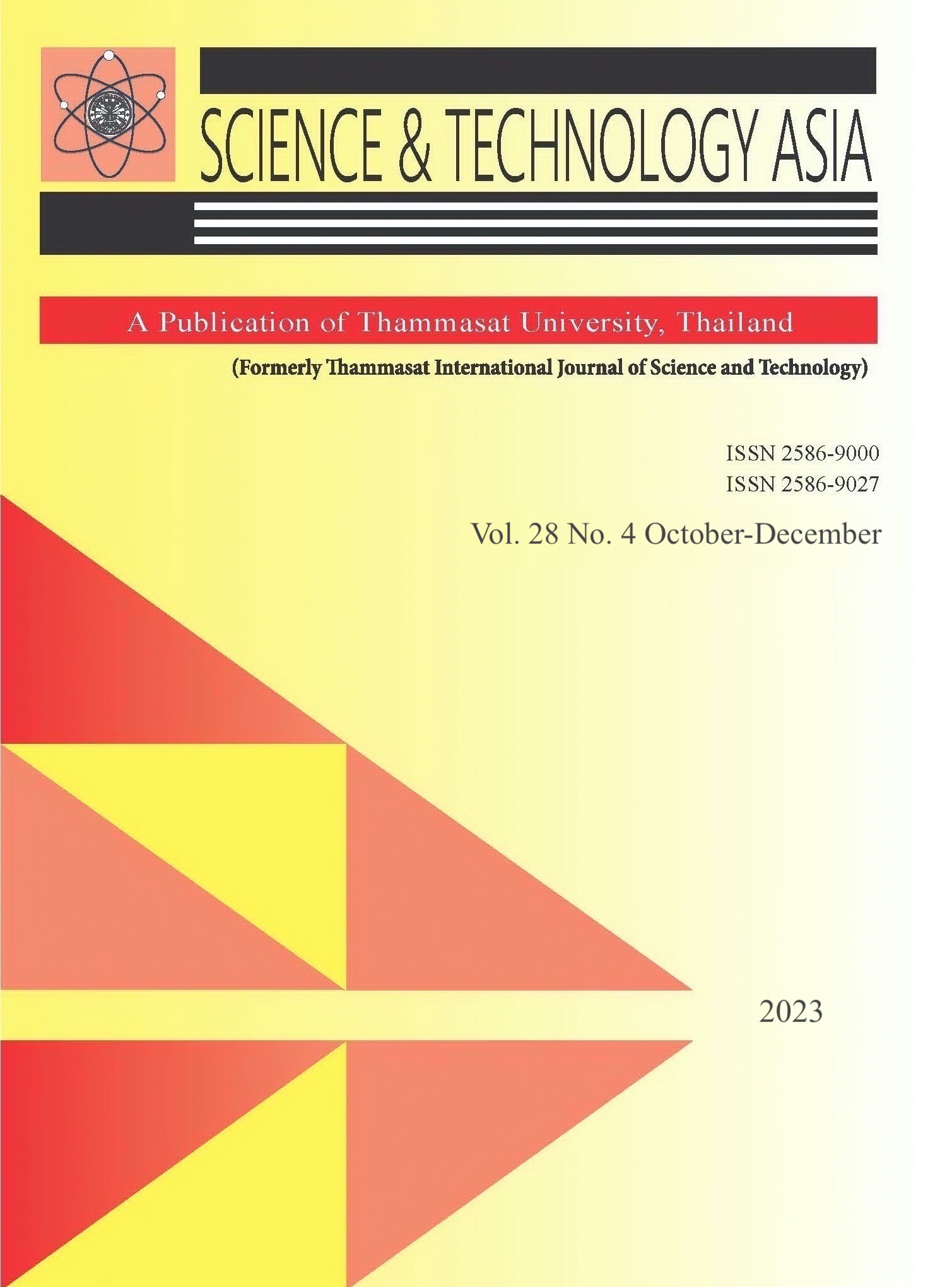Application of Nanotechnology Liquid Organic Fertilizer in Sustainable Hydroponic Cultivation for Urban Food Security
Main Article Content
Abstract
The demand for vegetables in urban areas is increasing along with the increase in population. New urban development also reduces the land available for farming, making it difficult for farmers to meet the increasing demand for vegetables in society. Efforts made to
meet the need for vegetables in urban areas include hydroponic cultivation which is very efficient in limited areas of land. The current study, conducted November 2022-August 2023, used multidimensional scaling (MDS). The data obtained came from the results of questionnaires and interviews with hydroponics practitioners in Padang City. The research results of the three dimensions tested are economic, social and environmental. In the economic dimension, hydroponic cultivation has an index value of 51.29. In the social dimension it has an index value of 52.37 and in the environmental dimension it has an index value of 53.68. The three dimensions tested have quite sustainable values. The hydroponic mapping results show that there are 22 hydroponic cultivators with a total accumulated production of 10,000 planting holes/month, which are then distributed to large-scale supermarkets in Padang City with various types of hydroponic vegetables.
Article Details

This work is licensed under a Creative Commons Attribution-NonCommercial-NoDerivatives 4.0 International License.
References
Badan Pusat Statistik. Produksi Tanaman Sayuran 2021. 2022 Sep 22. Available from https://www.bps.go.id/indicator/55/61/1/p roduksi-tanaman-sayuran.html.
Roidah IS. Pemanfaatan Lahan Dengan Menggunakan Sistem Hidroponik. Jurnal Universitas Tulungagung Bonorowo, 2014;1(2):43-50.
Fauzi, Akhmad. Teknik Analisis Keberlanjutan. Jakarta: Gramedia Pustaka Utama. 2019.
Fuadi A, Sami M, Usman. Teknologi Tepat Guna Budidaya Ikan Lele Dalam Kolam Terpal Metode Bioflok Dilengkapi Aerasi Nano Buble Oksigen. Jurnal Vokasi, 2020;4(1):39-45.
Yuliani, K., Ngadiwiyana, Siswoyo, E., Amaliah, D. A., Wahyono, Y., & Widianingrum, D. Pengaruh kombinasi silika dan kitosan berbasis nanoteknologi sebagai bahan dasar pembuatan pupuk nano slow release terhadap penyerapan unsur hara oleh tanamandalam meningkatkan hasil pertanian di indonesia. Artikel Ilmiah Teknologi Kimia Dan Industri, 2015;1(1):1-6.
Silitonga J, Salman. Analisis Permintaan Konsumen Terhadap Sayuran Organik di Pasar Modern Kota Pekanbaru. Jurnal Dinamika Pertanian, 2014;29(1):79-86.
Mifath H, Arti Y, Dean RR. Kinerja Rantai Pasok Produk Sayuran di Kota Bogor. Mimbar Agribisnis, 2019;5(1):23-32.
Wulandari R. Strategi Pengembangan Urban Farming Sayuran Hidroponik “Pekanbaru Green Farm ” di Kelurahan Labuh Baru Timur Kecamatan Payung Sekaki Kota Pekanbaru. Universitas Islam Riau; 2019.
Widiyanti A, Arifin HS, Arifjaya NM. Implementasi Bioretensi Untuk Pengairan Tanaman Hidroponik Di Griya Katulampa. Journal of Natural Resources and Environmental Management, 2019;9(4):986-98.
Winda G, Mutiara VI, Sari R. Optimalisasi Produksi Usahatani Sayuran Hidroponik di Usaha Hydro Garden Padang. Jurnal Sosial Ekonomi Pertanian Tropis, 2020;2(2):166-75.
Tanjung PRS, Anggraini D. Pelatihan Budidaya Kangkung Hidroponik Sebagai Alternatif Penggunaan Botol Bekas Bagi Warga Kelurahan Meruya Utara. Jurnal Abdi Masyarakat, 2021;2(3):77-88.
Suswanto I, Hendarti I, Apindiati RK. Pengendalian Organisme Penggangu Tanaman Pada Sistem Budidaya Hidroponik. Jurnal Masyarakat Mandiri, 2023;7(3):1-6.
Triana L, Sari R, Hidayat R. Kajian Usahatani Sayuran Hidroponik di Kota Padang Study Of Hidroponic Vegetables Farming In Padang City. Seminar Nasional Lahan Suboptimal, 2017; 978-9.
Ramahdana R, Ratna W. Pemetaan Hidroponik Kota di Padang. Jurnal Buana, 2019;3(3):525-33.
Windirah N, Setyowati N, Muktamar Z, Fahrurrozi. Persepsi Petani Perkotaan Terhadap Kegiatan Budidaya Tanaman Sayuran Organik di Kota Bengkulu (Studi Kasus pada Kelompok Tani Melati di Kelurahan Kandang Limun). Mimbar Agribisnis, 2021;7(1):223-32.


